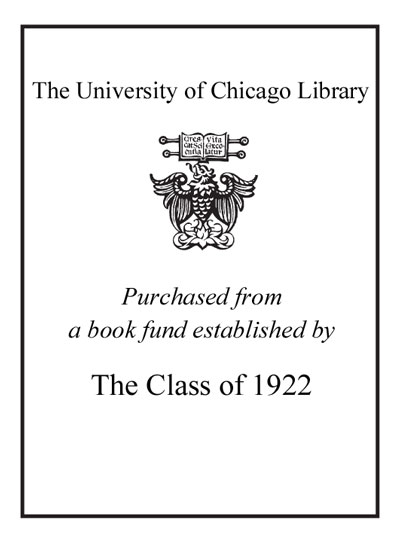Review by Booklist Review
Activist Barlow has written a follow-up to Blue Gold (2002) that addresses the state of the global water crisis in stark and nearly devastating prose. Her grip on the subject is astonishing and equaled only by an ability to efficiently and effectively pass enormous amounts of information to readers in the most accessible manner. The major focus here is on water privatization and how it has affected countries in Asia, Africa, and beyond. Barlow discusses water forums, community resistance, and deals between governments and corporations, explaining that much of the world is without water or facing extravagant water taxes. Barlow holds the reader's attention by citing such startling facts as 12 million people in Mexico have no potable water and 25 million more have workable taps for only a few hours weekly. The ongoing drought crisis in the southeastern U.S. makes her arguments that much more prescient and broadens the book's appeal. Blue Covenant is an intelligent resource for anyone interested in environmental concerns.--Mondor, Colleen Copyright 2008 Booklist
From Booklist, Copyright (c) American Library Association. Used with permission.
Review by Publisher's Weekly Review
Canadian antiglobalization activist Barlow (Blue Gold) calls for a "blue covenant" among nations to define the world's fresh water as "a human right and a public trust" rather than a commercial product. Barlow marshals facts and figures with admirable (if often dry) comprehensiveness, noting that as many as 36 U.S. states could reach a water crisis in five years; that once vast freshwater resources like Lake Chad and the Aral Sea are becoming briny puddles; and a handful of multinational water companies, abetted by World Bank monetary policies and United Nations political timidity, are bidding for the "complete commodification" of formerly public water resources. Her passionate plea for access-to-water activism is buttressed with some breakthroughs; Uruguay has enshrined public water rights in its constitution (the only nation to do so), and "water warriors" are fighting back in Bolivia, Argentina and Chile, where activists have forced private water companies to cede control of municipal water systems. There's a noble tilting-at-windmills quality to the author's call for private citizens and nongovernmental organizations to challenge corporate control of water delivery, agitate for equitable access to clean water and confront the reality that freshwater supplies are dwindling. (Feb.) (c) Copyright PWxyz, LLC. All rights reserved
(c) Copyright PWxyz, LLC. All rights reserved
Review by Kirkus Book Review
Water, water not everywhere, and often too expensive to drink. That's the message activist Barlow sounds loud and clear in outrage at the powers that be. Head of the Council of Canadians, a public advocacy group, and author of Too Close For Comfort: Canada's Future Within Fortress North America (2005), she decries the global commodification of water. She points the finger at individuals and groups--transnational corporations, lobbyists, committees, government donor agencies and international organizations--that have cajoled, corrupted or colluded with governments into turning water resources and distribution services into profitable private enterprises. Not surprisingly, it is the poor who suffer, unable to afford the cost of water even when companies have bothered to install pipes and meters in their homes. In the developing world, women walk miles to fetch water from unclean sources. Barlow goes on to lament the shrinking of water supplies, the siphoning of rivers to irrigate desert areas or create garden spots, the high energy costs of desalination and the increased pollution from water-cleaning and recycling technologies and, in particular, from the bottled water industry. She argues for global water justice, a new "blue covenant" in which water is not only a human right but a public trust. This has become the rallying cry of a growing movement of activists who demand government oversight, with regulation and enforced conservation. All quite right, but Barlow makes her case with encyclopedic lists of names, dates, meetings and places; overwhelmed readers will wish she had summarized her voluminous data. For all the wasteful absurdity of buying bottled water where the tap runs clean, it's important to remember there are places in the world where bottled water is one of the most valuable public-health measures available. The author could have been more succinct, but she sounds the water alarm with conviction and authority. Copyright ©Kirkus Reviews, used with permission.
Copyright (c) Kirkus Reviews, used with permission.
Review by Booklist Review
Review by Publisher's Weekly Review
Review by Kirkus Book Review

